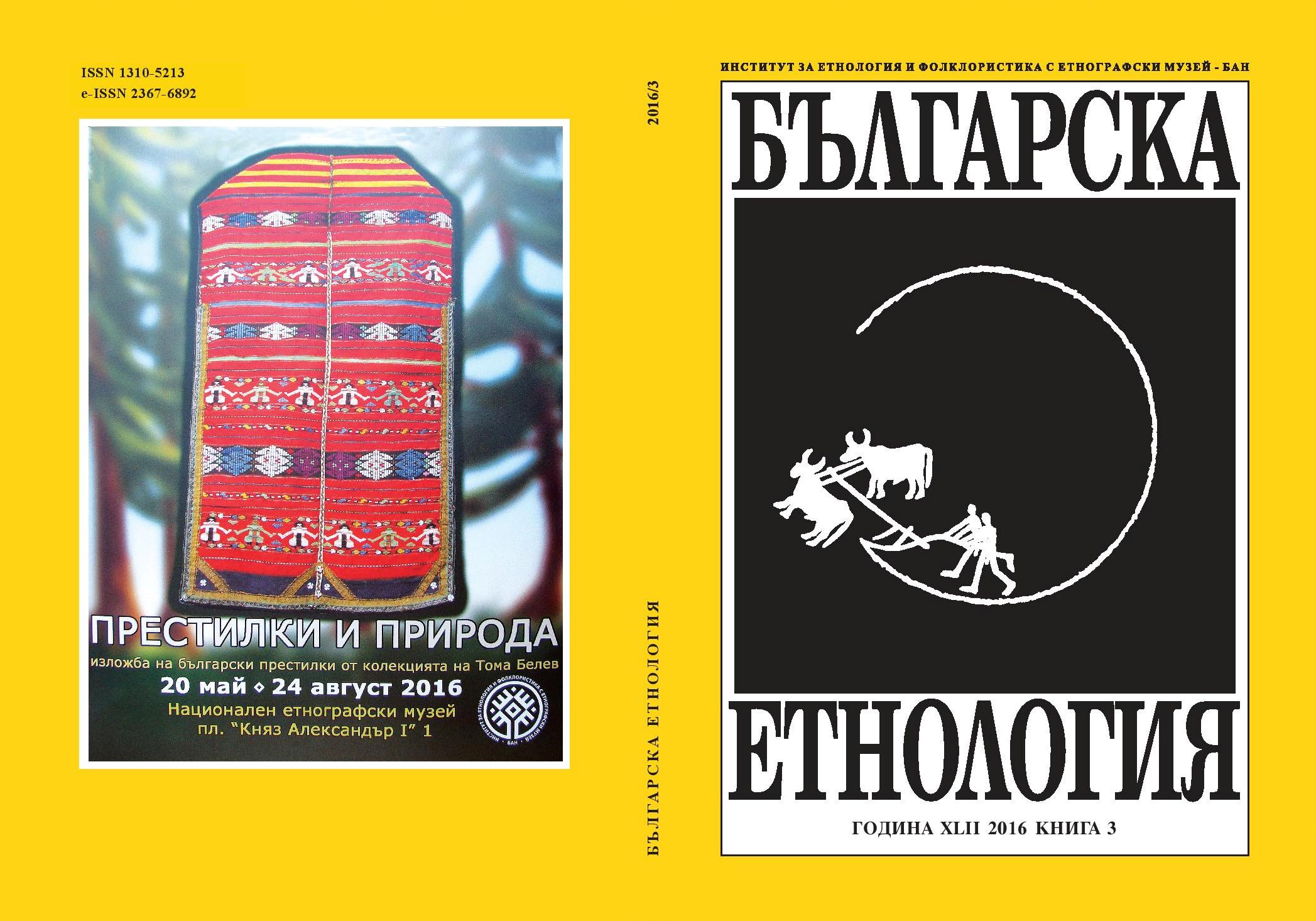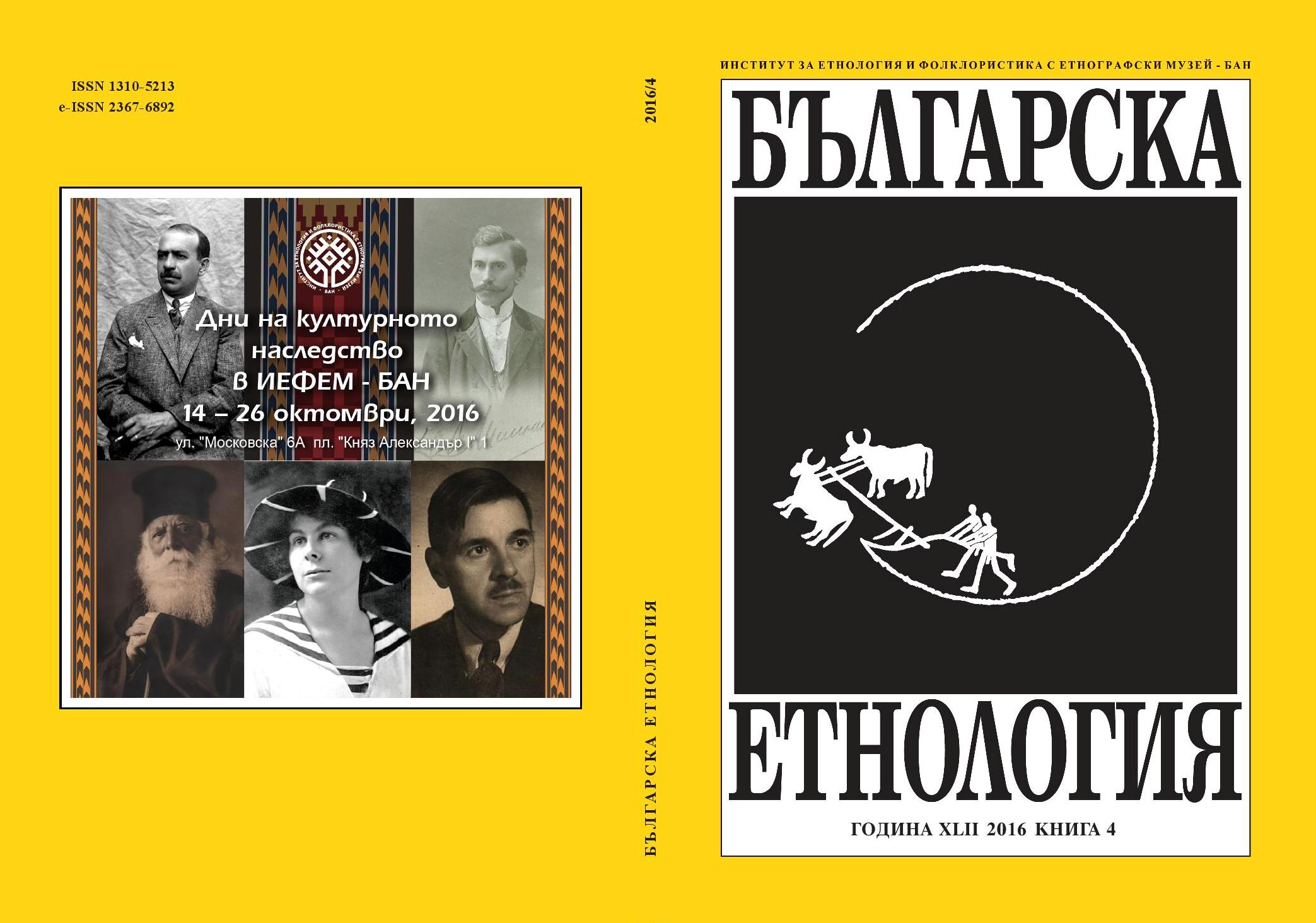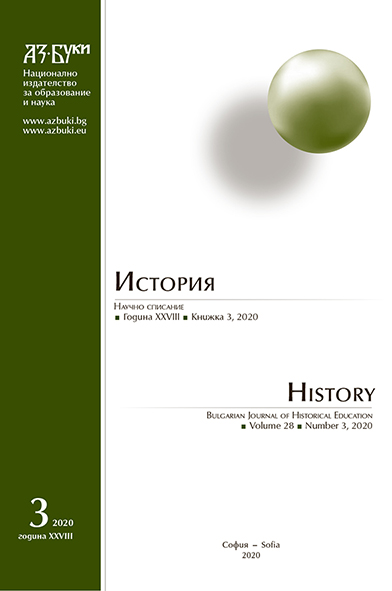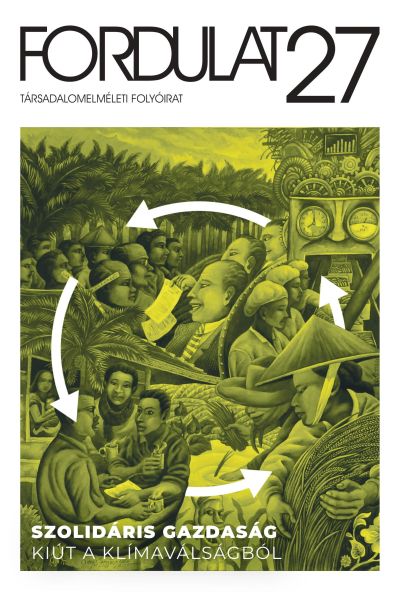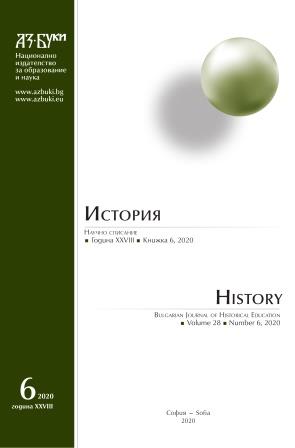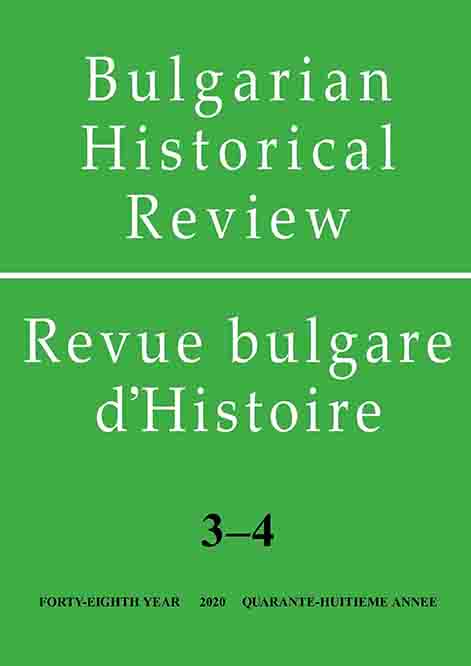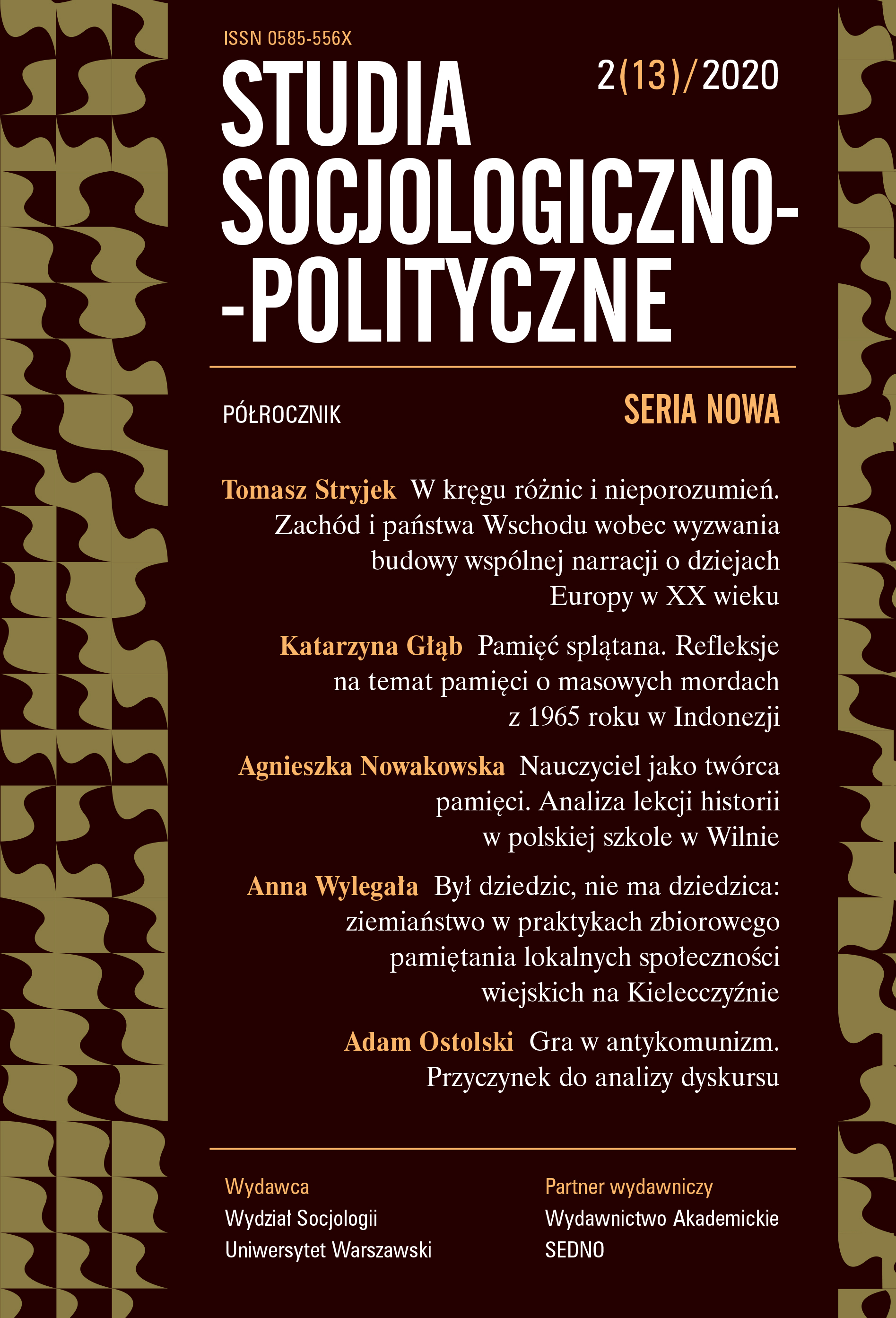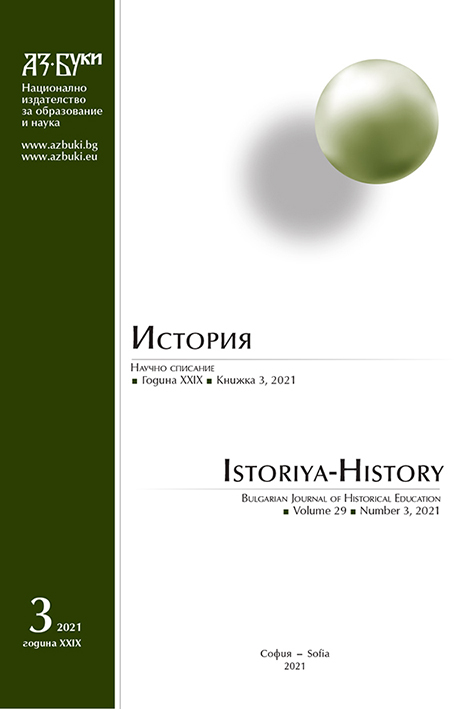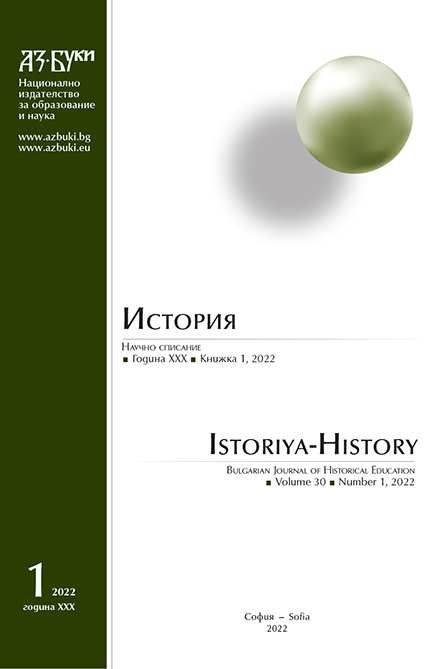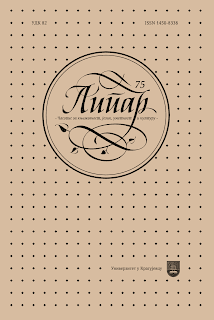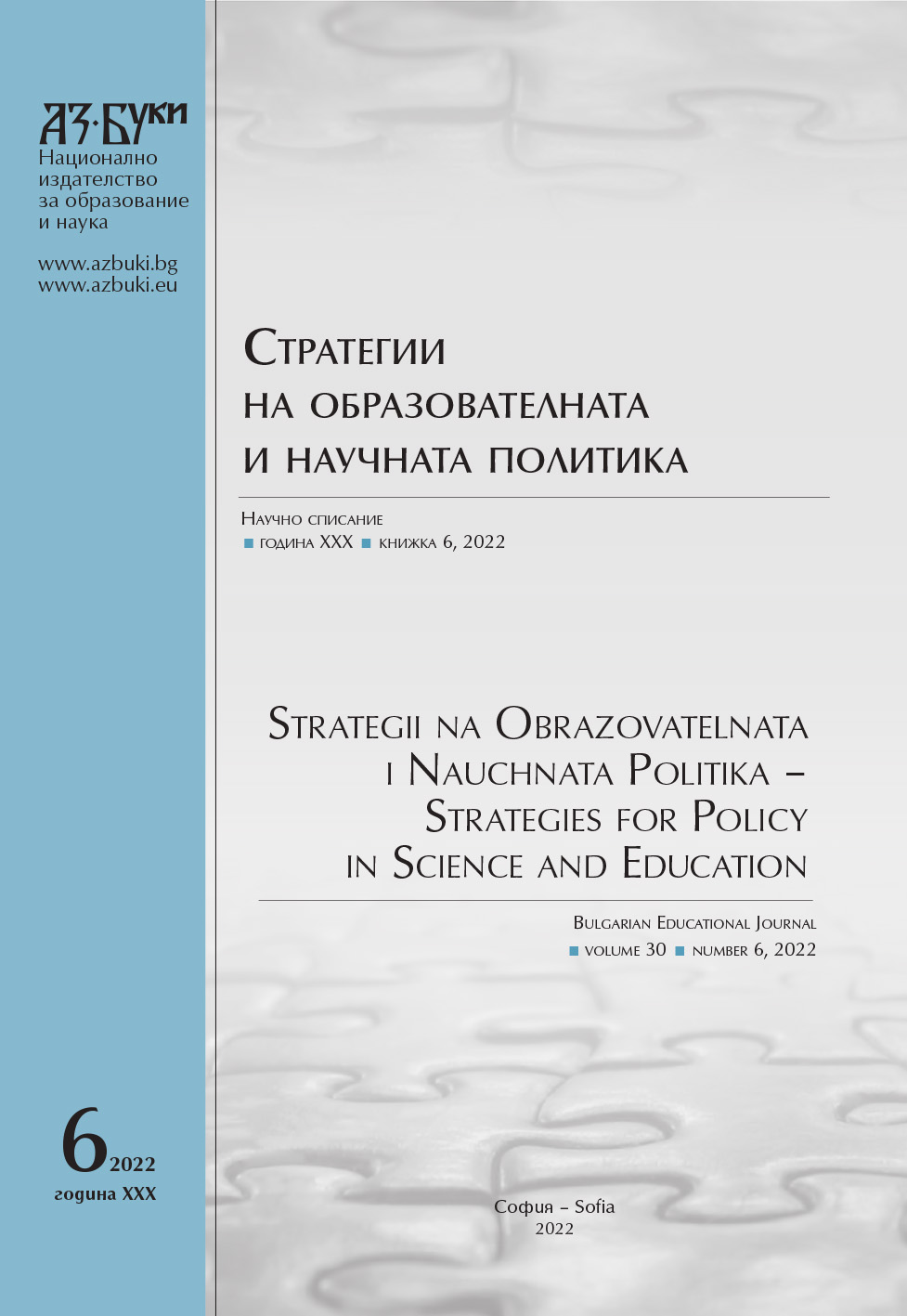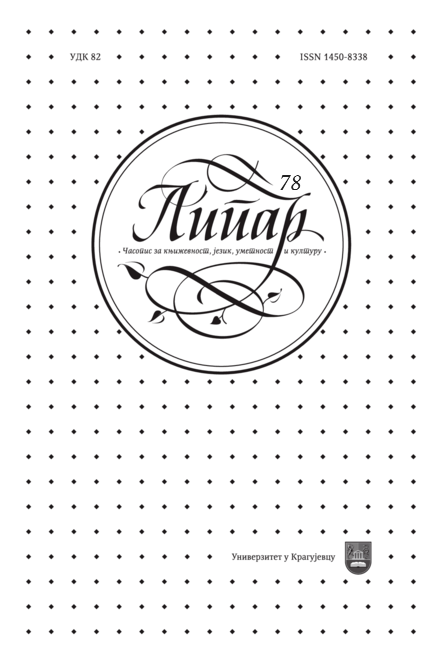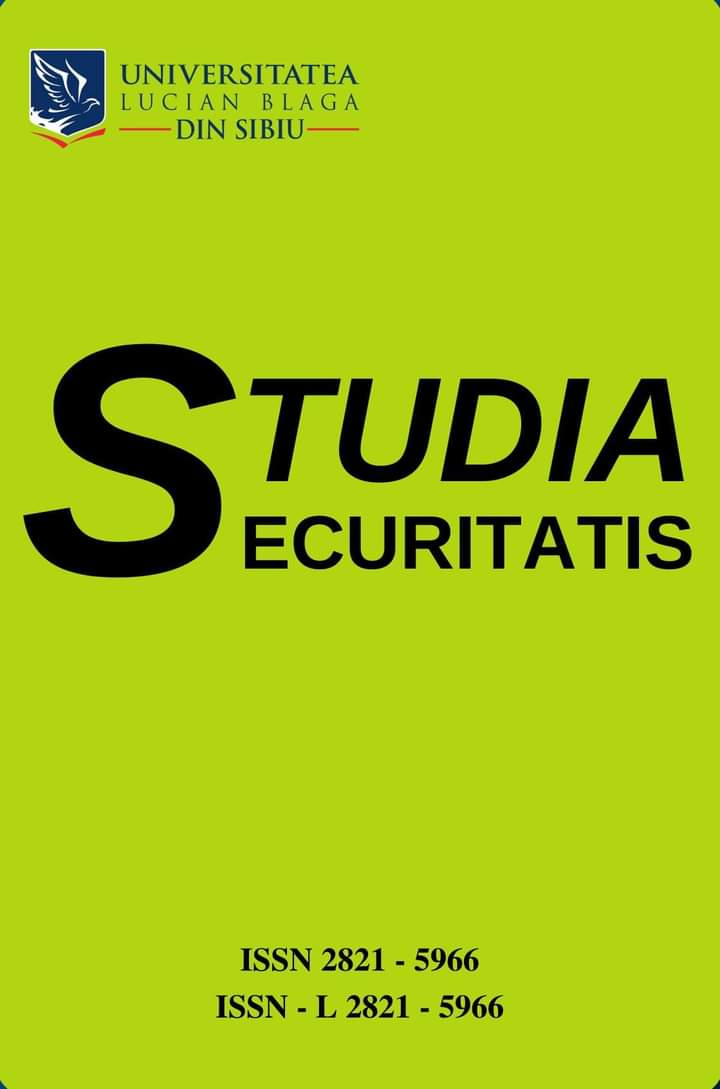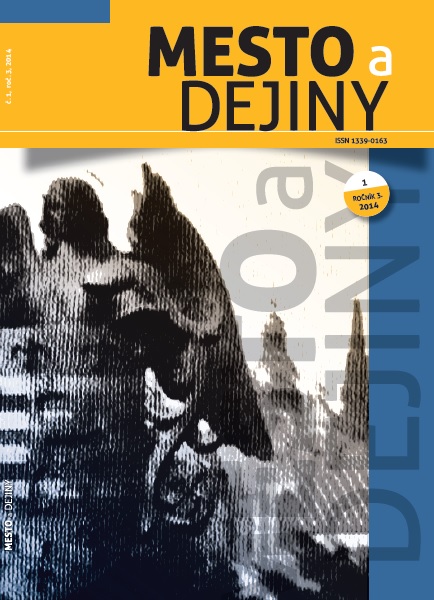
"Continuities and discontinuities. Educational program of The Planned Parenthood Association in Krakow (1957 – 1993)"
The article presents the program of sexual education prepared and offered by Krakow Branch of the Planned Parenthood Association in the wider context of socio-political situation in Krakow (1956 – 1989). Since the beginning of the Association’s existence, the special attention was paid to the development of educational program, which concerned the different aspects of „family life“. The article is going to answer the questions about its goals, the educational tools used to achieve them and its social targets. To accurately determine the position of the Association in the city‘s community I will analyse its foundation and activities in wider context of the pre-war traditions of the organisation and the activities regarding premarital counselling undertaken by the Krakow Catholic Church.
More...
